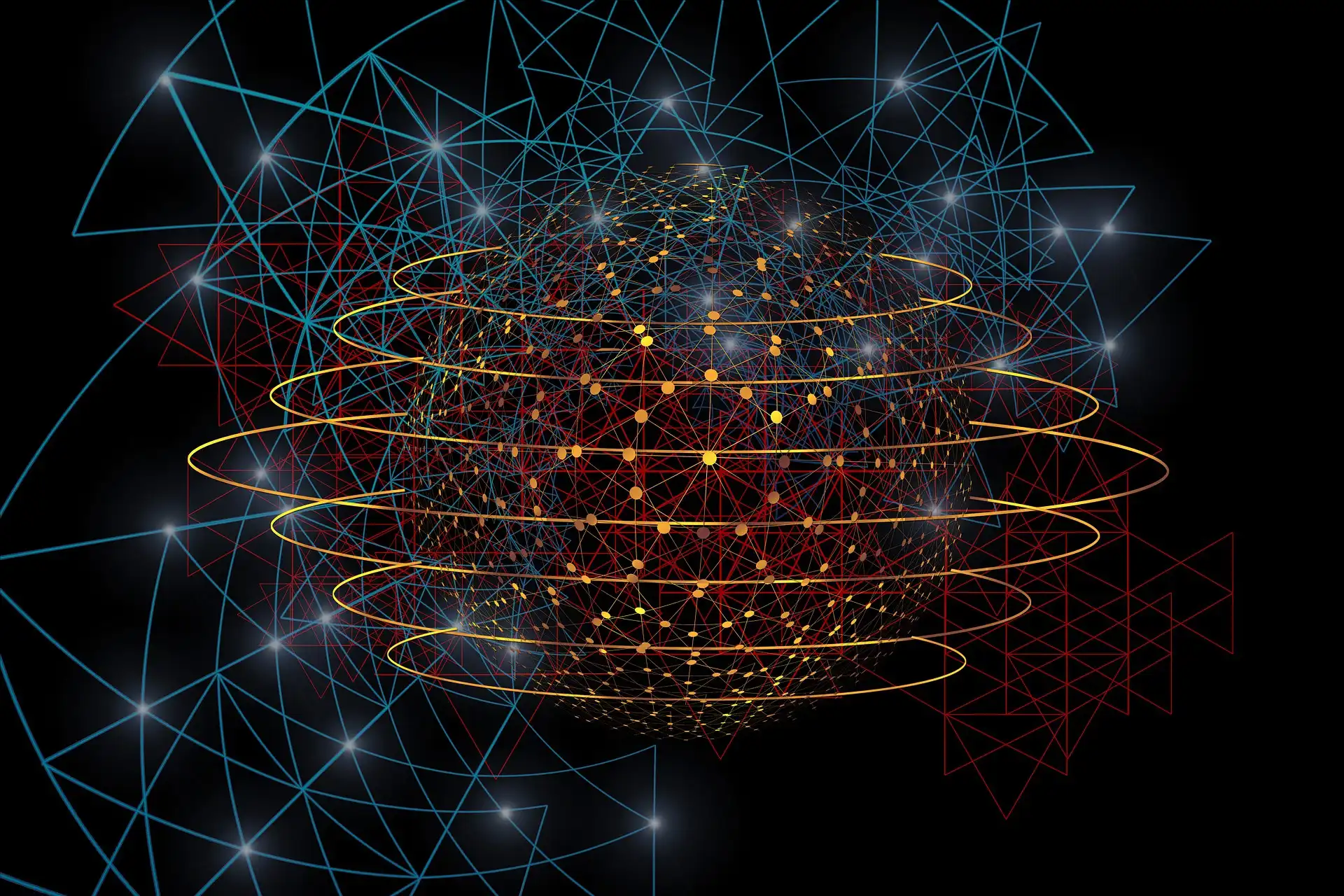Introduction
Reports have emerged around an alarming component in the 2024 US elections - the misuse of artificial intelligence (AI) technology. This exploitation of AI, largely by supporters of candidates to manipulate voters, has been scrutinized for its potential threat to democracy. One recurring theme that is particularly concerning is the repeated targeting of black voters using AI-manipulated photos.
The Artificial Intelligence Factor

Artificial Intelligence, commonly abbreviated as AI, has drastically transformed various facets of life since its inception. Apart from advancement in industries, AI also became a powerful tool in politics, sufficiently influencing voters and attempting to sway their decisions. By creating persuasive personalized messages or disseminating negative information about opposing candidates, election campaigns have rapidly adopted this technology.
The widespread use of AI naturally led to misuse, especially with almost no restrictions. Supporters of political candidates saw it as an opportunity to exploit AI for falsely molding public opinion, which has proven quite successful. Through deceptive techniques such as fabricating images or videos, they reach out to individuals and manipulate emotions to control their voting choices.
This use of sophisticated technology brings out serious ethical concerns, fuelling calls for more stringent rules and regulations in the use of AI in politics. However, this is a complex issue that entails several complications and challenges in achieving a balance between technological advancement and ethical standards.
Prevalence of AI Manipulation in Politics
Politicians have always relied on message manipulation to suit their campaign objectives. However, the use of AI in such tactics has raised alarms about its implications for democracy. Misinformation and twisted facts have traditionally been part of the political discourse, but the scale at which these are reached to people due to the widespread use of AI creates an urgent need to regulate its usage.
The power of AI has added a new dimension to manipulating campaign narratives. A striking aspect of this digital deception is the target that these campaigns choose. Black voters have repeatedly become the victims of AI manipulation during the 2024 elections, with supporters of candidates carefully crafting bogus facts to induce them into voting for their candidate.
Not just images or videos, fake social media profiles were also created to reach this demographic. These profiles then shared manipulated content to influence black voters and their opinions about the candidates. As a result, these manipulative actions clearly risk blurring the lines between free speech and deliberate disinformation.
The 2024 US elections have seen an extensive misuse of technology, especially AI, by supporters of candidates. The worrying extent to which black voters have been targeted only highlights the urgent need for significant changes in the political digital landscape in terms of regulation and accountability.
Impact on Black Voters
Targeting black voters is not a new political maneuver. However, the scale of the attack and the deceitful methods employed during this election render this issue more alarming than ever before. Fake images and messages were specifically designed to manipulate the choice of these voters, exploiting them based on their skin color and potential political inclinations.
In many cases, the aim was to dissuade black voters from participating in the 2024 elections by sowing seeds of skepticism and mistrust against the democratic process. This was executed by spreading defamatory content about specific candidates or the system, resulting in them adopting cynical views and ultimately abstaining from voting.
The ability to influence a vast number of voters using fabricated stories and images is exceptionally concerning. It undercuts the democratic principle of a 'free and fair election,' largely damaging the credibility of the democratic process. This raises questions about the consequences of using advanced technology in political campaigning without adequate checks and balances.
Without a doubt, the black community was an easy target for this kind of manipulation given the history of systemic racism and discrimination. However, it represents a significant violation of their voting rights, which demands immediate attention and stringent action to prevent its recurrence.
Looking Forward
Given the capabilities of AI, it is clear that we can anticipate similar uses during future elections. Therefore, it is high time that we develop a comprehensive framework to prevent the misuse of this powerful tool. It is crucial to come up with effective regulatory policies at the earliest to safeguard the democratic process.
The deliberate targeting of a section of society based on their race is objectionable, to say the least. Hence, it is also necessary to redress the damage inflicted on black voters and ensure their full participation in the electoral process without fear of deception and manipulation.
Over and above new rules and regulations, education must play a crucial role in combating AI manipulation. Teaching informed skepticism towards online political content can act as a strong defense against these manipulative operations.
As society continues to grapple with the rapid advancements in technology, especially AI, it is clear that the political landscape must evolve in tandem with these developments. With the right balance of regulation, awareness, and inclusivity, we can hope to mitigate the future misuse of AI in politics.